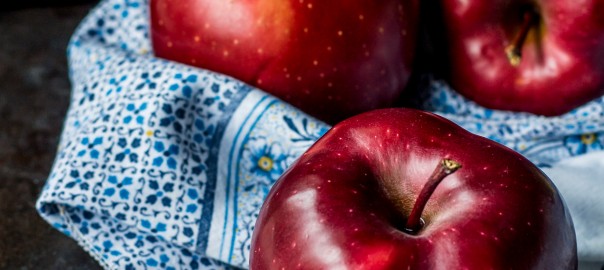How often do you compare your self to others? There has been a lot of buzz about the dangers of social media comparisons. We see the very best moments of people’s lives and don’t feel we measure up. How many people post the bad hair days, the kitchen spills or the pet accidents. Way before social media, comparison was noted as an issue. Back in 1954 psychologist Leon Festinger introduced social comparison theory. He hypothesized that we make comparisons as a way to evaluate ourselves. Most of us are aware we often make instant judgments we of other people. During our evolution for survival we developed the need to compare to protect ourselves and assess threats. This does not serve us in our current social media comparisons.
Some people have a greater tendency for this social comparison than others. Those people with low self-esteem are more likely to feel a negative impact from any comparison. Here is the good news. In a 2015 study by researchers at the universities of Essex and Cambridge it was shown we engage in less comparison as we get older. They hypothesized that as we age, we’re more likely to evaluate ourselves against our own past rather than the present state of others. They found social comparison is generally most impactful for the young.
Starting in school we are graded on a curve. Perhaps we were compared to siblings or neighbor kids who were better at some things than us. Now on social media we can can compare ourselves to hundreds or even thousands of people. I still run a 10 mile race. I’ve just completed my 23rd, every one since the start. Results are published for the world to see. So as soon as results are published I can compare my time to any other runner who has completed my race. I can see those in my age group and older. I used to get a little sad when I saw some female 20 or 30 years older than me who was much faster than me. Now I think you go girl! It is an inspiration to me that those older than are still running and getting good times in a race.
You may have heard the phrase apples to apples. It is comparing two similar things. We are not 100% similar to anyone even if we are an identical twin. Comparing ourselves to others is never apples to apples. When I look at the race results I don’t know if that person has done about 20 races like me or if it is their first. I don’t have a clue to what was going on in their lives that might have made training difficult. One’s ability to run a distance is also partially determined by genetics in how many fast vs slow twitch muscle fibers we have. We all progress at our own speed and have our own wonderful and individual talents and gifts.
“Dear YOU, don’t compare yourself to ANYONE. Your Unique Self is empowered, powerful, and unstoppable! Your uniqueness is what makes you incomparable! Don’t underestimate the beauty of just being YOU.”
― Stephanie Lahart
For more on comparison see the article below
https://www.psychologytoday.com/us/articles/201711/the-comparison-trap
